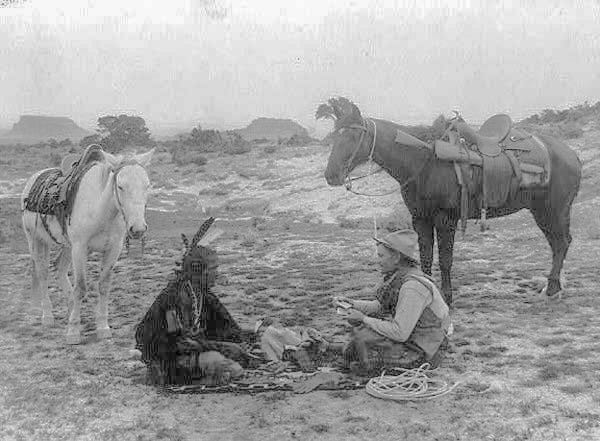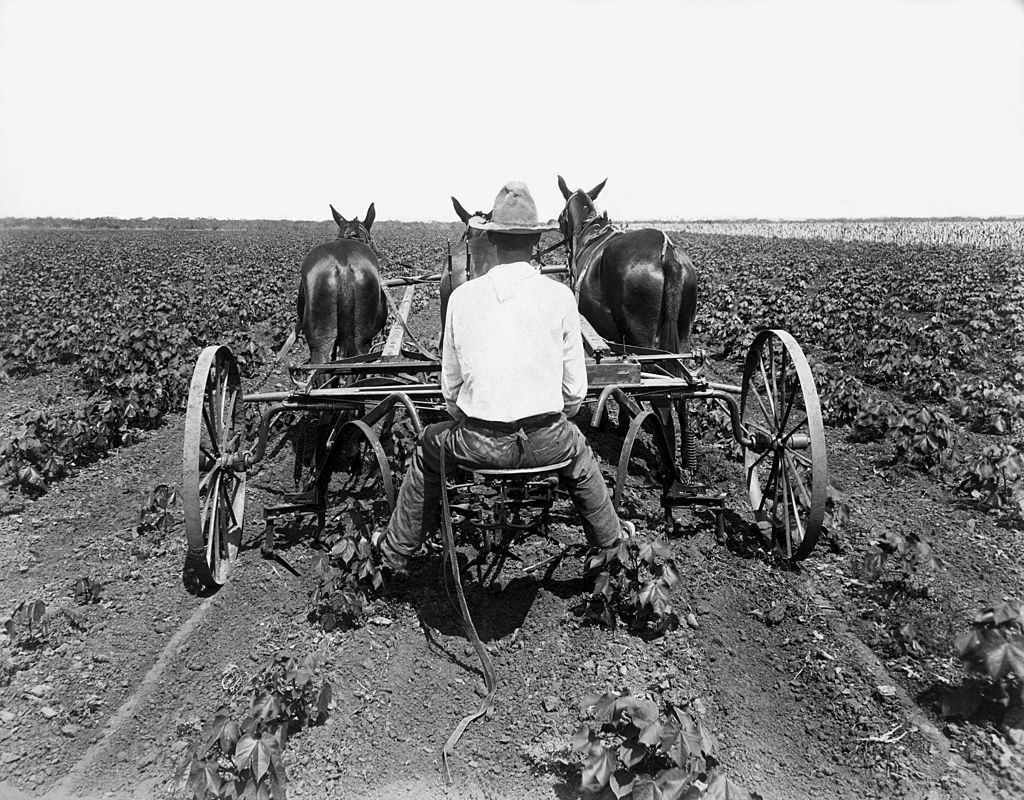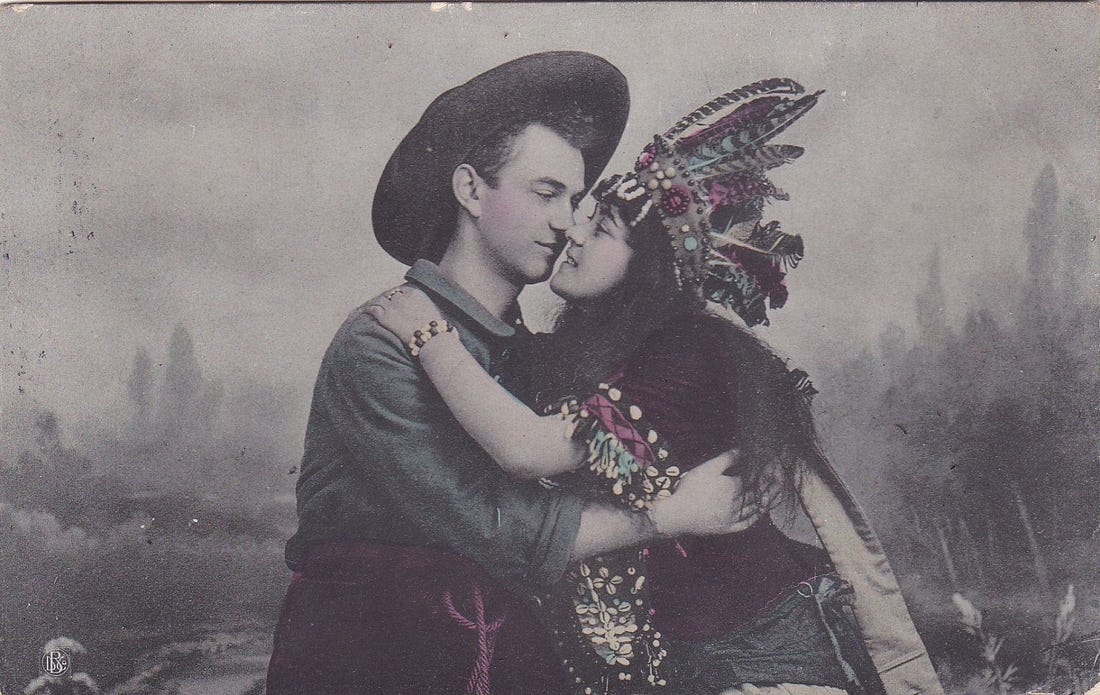It’s an old song, all about invasive species, the human variety: the same saga, over and over, layer upon layer, everywhere. Here, it’s a cowboy bemoaning a plague of dry-land farmers, “come-a creeping from the east.” I added a “moral of the story verse” at the end. LISTENI’ve sung the song for years but I found new meaning when the Utah chapter of the Nature Conservancy invited me to perform for a dinner in 2023. Earlier that day, we joined a tour at Sheep’s Bridge Nature Preserve on the Virgin River, about a mile from our home. In those days, I walked my dog along the river every day. And we had donated to the cause, helping to preserve two beautiful miles of the Virgin River corridor. Wildlife biologists lead the tour and the theme that came up, over and over, was invasive species: cow birds displacing the endangered southwestern willow flycatcher; invasive fish pushing out the local woundfin minnow; tamarisk from the Middle East and Russian olives obliterating the historic willow. It was a sad commentary, the battle to protect the natives from the invaders. My folklorist mind could not help thinking that it’s not just wildlife that gets displaced. Even though we’d only lived in the town of Virgin for a decade, Teresa and I were starting to feel displaced by all the commercial development in town. Then I thought about how our home sat on the spot where Mormon pioneers once lived. Going back further, I considered my friend and Paiute elder Clifford Jake, at the Southern Utah Folklife Festival in 1977. He looked over the farms lining the Virgin River and shook his head with sadness, thinking about the displacement of his people. That night I sang a few songs for the Nature Conservancy folks, and we listened to Zack Renstrom, General Manager of the Washington County Water Conservancy District, tell us that our little town was outgrowing its water supply. The desert has only so much to give. We felt desolate driving home from the country club where the event was held, surrounded by unnaturally green golf course lawns. Teresa was finishing her master’s studies at the New York Theological Seminary and New York Zen Center at the time. The next step to becoming a certified hospital chaplain was to do a yearlong hospital residency. She had been worried that Utah might not be the ideal place for a Buddhist chaplain, sort of like being a bird species trying to survive in a place with unfamiliar habitat. It was that moment we realized that it could be time to move on. I don’t want to sound dramatic. Teresa and I are movers. You could say we are migratory. We’ve never lasted more than a decade in any one place and dreaming about a new life on a floating home in Portland captured our imaginations. The rest is history. Teresa is currently a resident chaplain at Providence Hospital here in Portland. For over a year I’ve stayed home practicing music, writing, walking the dog and making dinner. We are happy and grateful for a life embedded in nature, floating on the waters of the Multnomah Channel on a moorage where we have many dear friends. But I have to admit that the desert of Utah is still my soul place and some nights, red cliffs turn up in my dreams. Here in the rainy Northwest, there will always be a part of me that feels in exile. The Songs backgroundI learned “Dryland Farmer” from the singing of Kenneth Ward Atwood, one of three old-West singers I celebrate with this album. I’ve never encountered this song anywhere else, and I remember Mr. Atwood telling me he learned it as a young man farming and logging out on the Uintah Ouray Indian reservation in eastern Utah. Listen to Kenneth Ward Atwood sing “Dryland Farmer.”NOTE: This is the final song on my new album of music, Cowboy Sutra. Especial thanks to subscribers of the Loose Cannon Boost for following these extensive album notes over the past nine weeks. The album will be officially released on March 3, 2025. If a paid subscriber, I will be sending you the recording but for the rest of you consider pre-ordering a CD, vinyl LP, or a download HERE. You can also feed at the trough at your favorite streaming service. I’ll be grazing nearby. I can’t wait to start writing posts that are lighter and more fun loving. There is way too much in the world to be worried about. All I can say about these old cowboy laments is they make me happy. I warned you from the start: there’s a loose cannon in the house. Song Notes and LyricsI retitled ”Dryland Farmer” as“Fast Horses” and changed the melody and chorus, adding an extra verse at the end. Thanks go to my incredible music partner Greg Istock for accompanying me on piano. For this song I sing and play harmonium and guitar. Also, thanks to my dear Teresa for being my editor for all these song stories. Fast HorsesHow well I do remember, how well I do recall, When we used to round ‘em up and brand them one and all Right on that same old spot where we used to brand the steers. They’re growing big potatoes and them little roasting ears Then we’ll ride no more fast horses Then we’ll ride no more fast horses and our saddles will be gone Oh, the country’s chocked with fences As we’ve gone from king to pawn. I stepped up on a pinnacle and took off my slouch hat, But all that I could see was the farm shacks on the flat. Said the Indian to the cowboy, you had better look around, For your liable to be campin’ on some other fellers ground, The Indian and the cowboy, we used to live in peace till the damned old dryland farmer come a creepin’ from the east We are the sons of pioneers, our birthright is for sale It’s to the highest bidder and who’s left will tell the tale Just give me days of steady with some seasons on this earth And we’ll watch this final roundup, as we see what man is worth You're currently a free subscriber to Loose Cannon Boost. For the full experience, upgrade your subscription. |
“Fast Horses”
07:42
0




